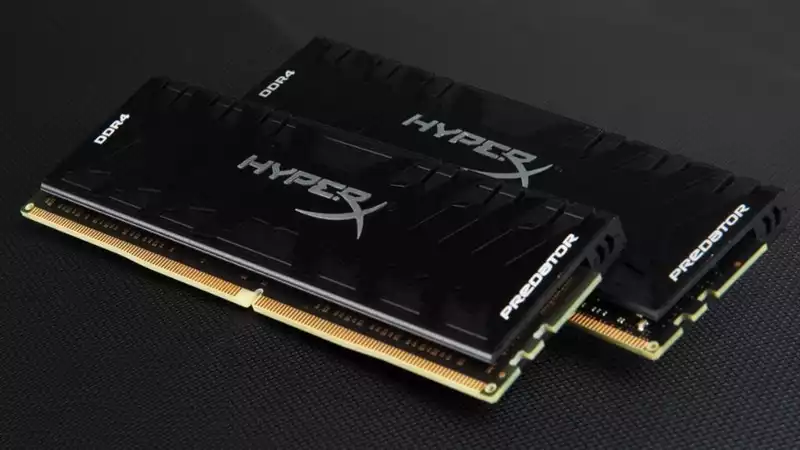A new DDR4 overclocking record of 7,156 MHz was achieved by the MSI OC team in Taiwan. The record was achieved using a single stick of HyperX Predator 4600MHz 8GB DDR4. As its name suggests, the module's nominal rating is 4,600 MHz, which means it was significantly overclocked to the XMP profile.
If you want to set your own record, you will need to get the specific module, HX44C19PB3K2/16.
It is worth noting that while this is a world record for RAM overclocking, it does not help much when it comes to gaming. First, because there is only one RAM, only one of the memory channels can be used. Also, the CAS latency is much lower to reach this frequency, and the CAS latency of this stick is 58. Disappointing. For comparison, the CL of the 4600 MHz XMP profile is 19.
There is also the issue that this overclock was achieved using liquid nitrogen, which is not very practical for day-to-day gaming. However, it still remains an amazing overclock.
It is not too surprising that the MSI OC team used an MSI motherboard to accomplish this feat. Namely, the MSI MEG Z590I Unify-actually, not a very expensive enthusiast-class motherboard for a change.
The team's use of Intel's latest Core i9 11900K raises more eyebrows, as the general consensus is that Intel's top-of-the-line chip, Rocket Lake itself, is not that exciting. However, it does seem to have a few speed aces up its 14nm++ sleeve, especially when it comes to RAM speed. In fact, the top four DDR4 RAM overclockers all use Rocket Lake chips, with the Red Team's first entry, the AMD Ryzen 7 4700GE, coming in fifth, nearly 500 MHz behind this new record.
Rocket Lake may have delivered the goods here, but the overclocking team had to significantly downclock the Core i9 11900K to achieve this world record memory clock. the CPU is running at just 1,490.85MHz. which is a 57.4% drop in operating frequency.


Comments